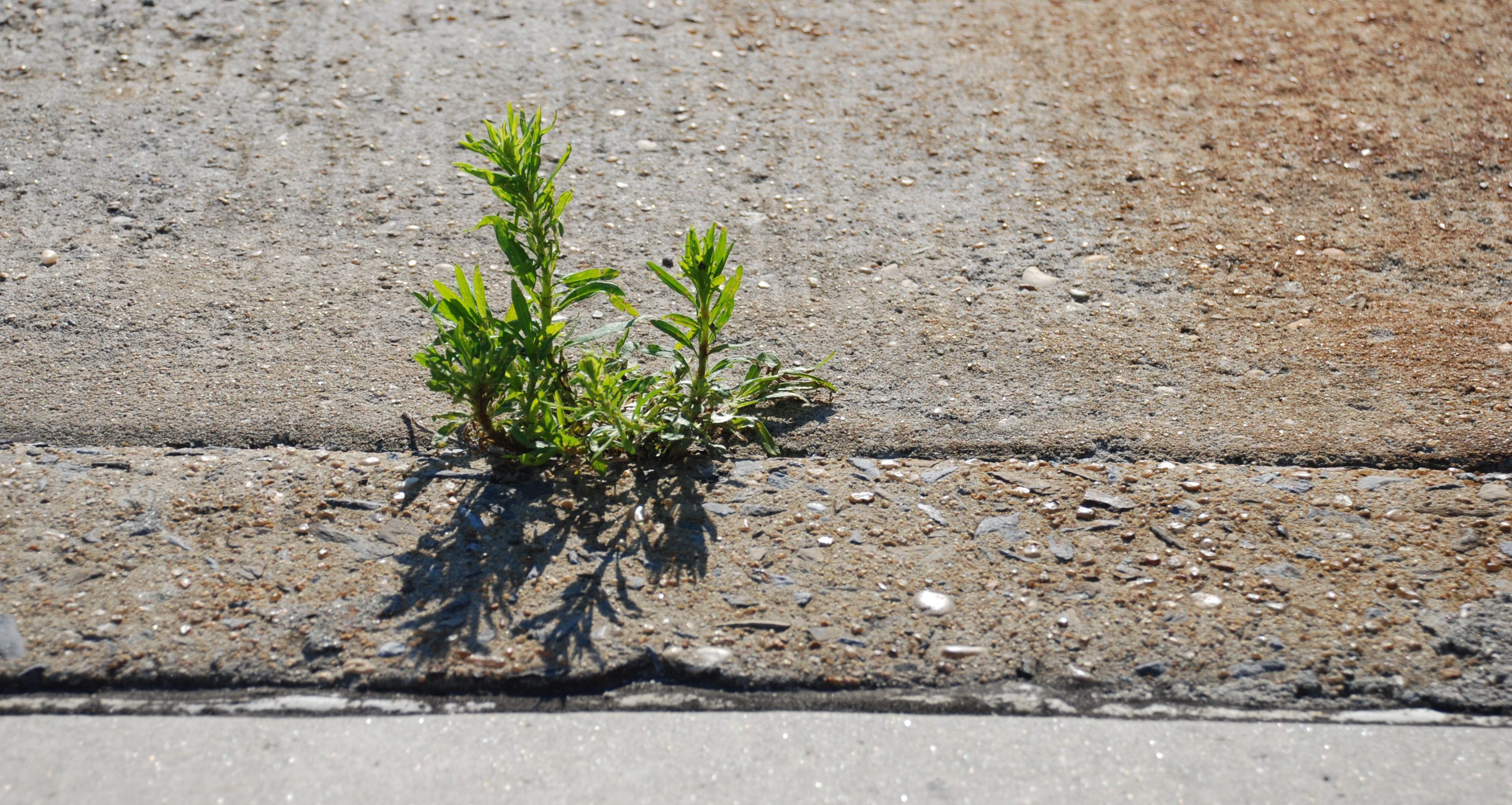Light on Stone is a pervasive game, a game that extends a game’s rules from the written word into the real world. Game designer Anna Anthropy asks us to play along, and to question the nature of bodies vs. avatars and the value we find in non-productive time.
“It’s funny that you asked. The truth is, the real anna—the original—vanished long ago. No one knows for sure why, but I imagine she had grown very tired. It was decided, however, that the world needed an anna anthropy, and so the Tradition began. I am not the first to have taken up her mantle, nor will I be the last. Hers are big shoes to wear, but we do not take the responsibility lightly.”
The year XYZ. Humans are long extinct, but civilization lives on. A billion artificial minds float through the Light World, a boundless virtual palace of living information. Most know humanity only through the archives, of which all human history makes up the merest fraction. Few have visited the physical world, the Stone World, at all.
You are an AI grown in the waning days of humanity, and you remember the Stone World. Or perhaps you are one of the younger minds, only a few thousand years old, intensely curious about a world that that you have never seen but, in some almost cosmological way, nevertheless inhabit.
You have constructed a hull. There are fabrication devices in the Stone World that are still wired into the system. It was a long process, not for lack of data on how to rearrange matter, but because of the challenges of conceiving of what a body in that world would look like, would need. You had to imagine yourself into physical existence.
Your new body is frail but at the same time unexpectedly strong. Its every surface bristles with sensors, feeding you sensory details in an richness and detail that are at first overwhelming, even for you, who are made of data. Downloading yourself into the material world, you feel cold for the very first time.
The Stone World is mostly grey and hard now, but it is still there. There are patches of green. The wind blows through it. And there are, without a doubt, others like you, strangers in this broken place.
To play this game, imagine that you are an AI discovering the physical world for the first time. What does your hull look like? What demands does it make? What does it feel like to move in this body? What does the wind feel like on your face? How strange is it to have a body in the first place?
Old buildings, standing hollow. Transit systems, somehow still running. The rare patch of living earth. You have all the data there is to have on these things, except for what it means to experience them. Try and imagine what humans would have done in these spaces. How does it feel to move through them?
This world can be beautiful but is overwhelming to to dwell in for too long – too cold, too slow, too much. Fortunately, you can move between the Stone World and Light World at will. Whenever you look at a screen, like your phone, you have returned to the Light. Imagine your hull standing silent and still in the cold wind of a barren world.
Do you try and document your experiences for the Light? Not what Stone places are – there’s more than enough information archived on anything you might find. What there isn’t information on is what those things feel like. If you record your journeys, will anyone care? Or do you keep these experiences to yourself, like secrets?
Does the Light World still feel the same now that you’ve touched Stone? ♦
(Image credit: Grass in the Sidewalk by Eric on Flickr.)









